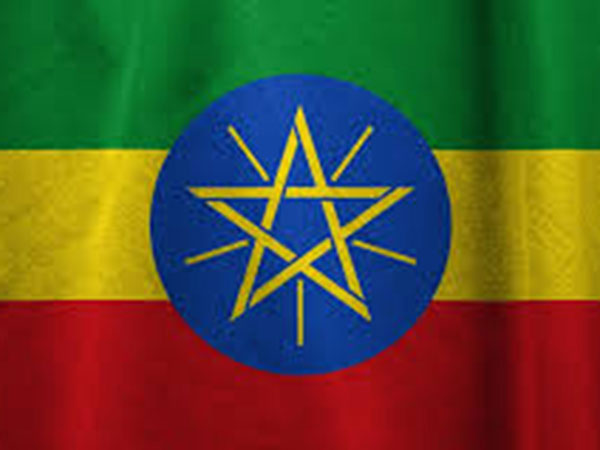Interview: Truce deal to reverse multifaceted conflict-induced socioeconomic challenges in Ethiopia: scholar
Nov 06, 2022
Addis Ababa (Ethiopia), November 6: The recently signed peace accord between the Ethiopian government and the Tigray People's Liberation Front (TPLF) would potentially reverse the multifaceted conflict-induced socio-economic challenges, an Ethiopian scholar has said.
Costantinos Bt. Costantinos, a professor of public policy at Addis Ababa University in Ethiopia, told Xinhua that the armed conflict in Northern Ethiopia, which erupted in November 2020, has affected human development across all the affected areas, resulting in "heavy losses of lives, livelihoods and physical infrastructure."
He recalled the Ethiopian government's reports saying that the impact of the armed conflict in Northern Ethiopia has had "a devastating effect on the nation."
Ethiopia, Africa's second most populous nation, has seen a devastating conflict between government-allied troops and forces loyal to the TPLF for the past two years, which left thousands dead and millions in urgent need of humanitarian assistance.
The peace accord was signed in the South African capital Pretoria, days after an African Union (AU)-led negotiation, which was facilitated by Olusegun Obasanjo, the AU high representative for the Horn of Africa and former president of Nigeria, along with the former president of Kenya Uhuru Kenyatta, and former deputy president of South Africa Phumzile Mlambo-Ngcuka.
The two parties in the Ethiopian conflict have formally agreed to the cessation of hostilities and orderly disarmament, Obasanjo said at a press briefing on the outcomes of the negotiation.
The deal also includes restoring law and order, restoring services and unhindered access to humanitarian supplies, he said.
Noting the conflict has "scared investors away from the Ethiopian market, especially recently after the political and security situation worsened," Costantinos said the peace accord is potentially seen as a good news with regard to foreign direct investments inflow into the country.
"Global companies closed their operations in Ethiopia," he said, adding that the companies' decision was encouraged by the U.S. administration's suspension of Ethiopia's membership in the African Growth and Opportunity Act (AGOA) due to allegations of gross human rights violations during the current conflict.
He emphasized that the new peace deal would also solve challenges concerning foreign aid interruption, loans and debt servicing.
Costantinos said "Interruption of international aid can be a deadly measure for Ethiopia," adding "The suspension caused a huge loss for Ethiopia which relied on foreign aid to fund various development projects across the country.
He recalled Moody's Investors Service decision to lower Ethiopia's sovereign credit rating, a sign of the country's deteriorating economy and growing concerns over the country's ability to pay off debts.
According to him, the Ethiopian economy has endured critical challenges emanated from the conflict. Costantinos further cited the 2022 International Monetary Fund (IMF) Report on the Ethiopian Economy that indicated the Ethiopian economy has been subject to multiple shocks over the past two and a half years, including the COVID-19 pandemic, drought, conflict in the north of Ethiopia, and the Ukraine crisis.
"This has created significant macroeconomic and humanitarian challenges," said Costantinos, who also served as an economic adviser to the African Union (AU) and the United Nations Economic Commission for Africa (UNECA).
Costantinos argued that the worsening economic situation was leading to social unrest, adding risks to the economy, and the conflict has led to death, displacement as well as the destruction of decades of progress on healthcare.
He said the signing of the peace pact between the Ethiopian government and the TPLF - the de facto ruler of Ethiopia's northernmost Tigray region, would help deal with the conflict-induced socio-economic challenges and the resumption of efforts to address similar challenges as well as climate-related impacts of the conflict, as armed conflict often exacerbates vulnerability to climate change.
Source: Xinhua








